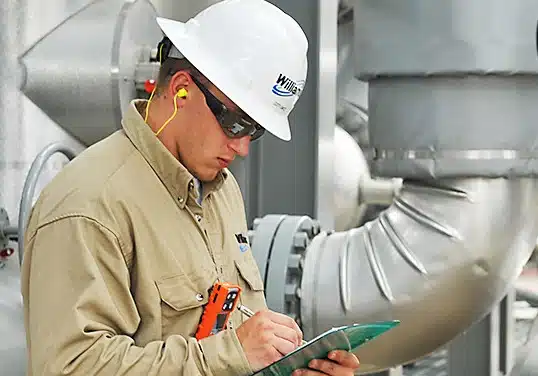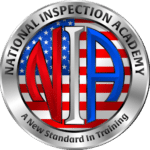Before you go marching down to your reliability engineers and ask questions like, “What are the top 10 worst performing assets in our production line?”, it’s important to know the actual difference between an asset and reliability. These two terms are used often in our field, and many times we aren’t even sure what we’re talking about. You may feel like you know what these terms mean on their own. But do you truly know what they mean when pressed together?
What Is An Asset?
First things first: what do we mean when we say something is an “asset?”
Take a look around you and identify things that are:
- Costly to acquire and to make operational.
- Critical to the operation of the business.
If it is not functioning, the business suffers significantly.
A key element to help define what an asset is to your business is identifying those pieces of equipment that are valuable and worth caring about. The initial acquisition cost of the item may be an obvious parameter but not always. Rather, inexpensive equipment can be critical to the operation yet perhaps costly to maintain.


